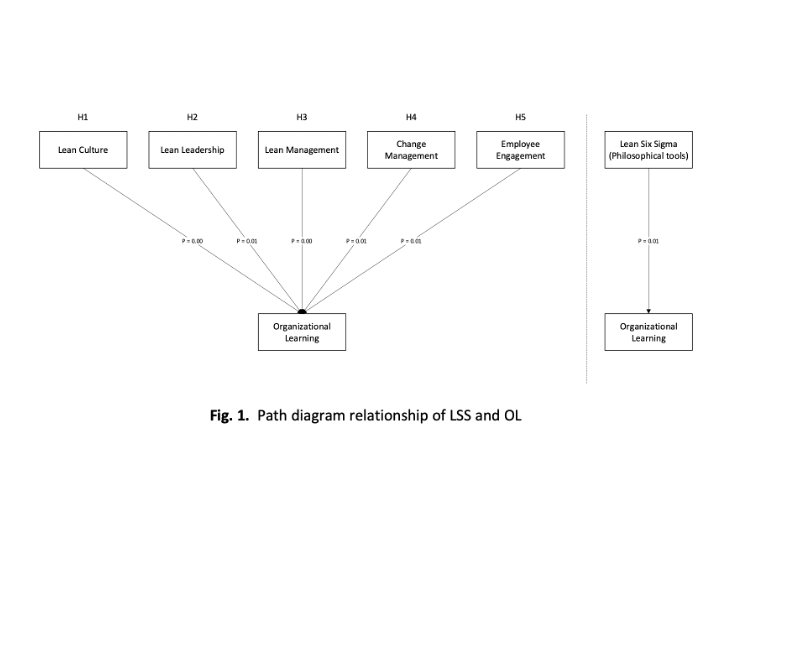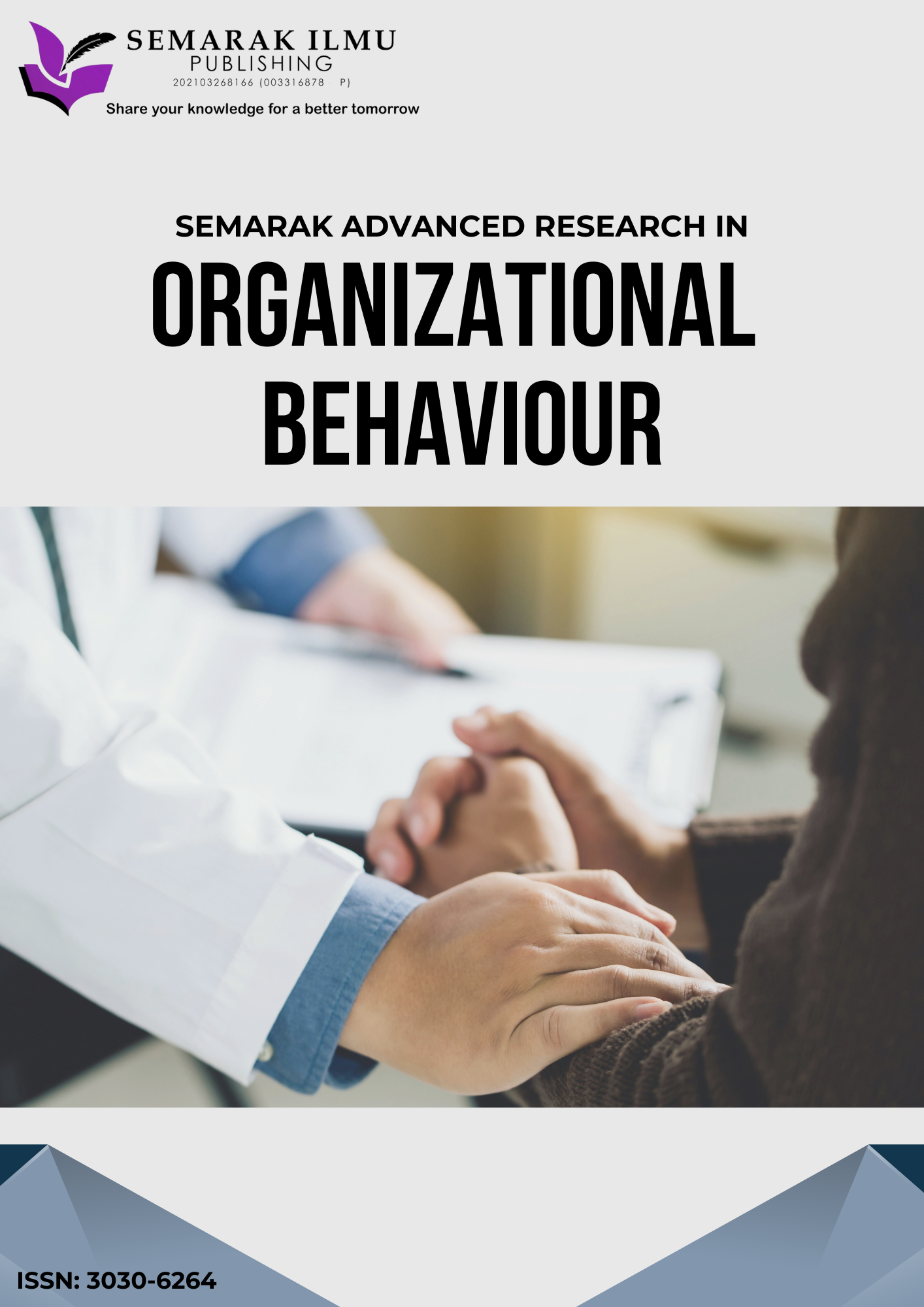Empowering Organizational Learning with Philosophical Tools of Lean Six Sigma in Service Sectors
DOI:
https://doi.org/10.37934/sarob.2.1.1336aKeywords:
Lean Six Sigma, organizational learning, philosophical tools, service sectorsAbstract
Lean Six Sigma (LSS) has become a prominent methodology for improving efficiency and quality across various industries, including the service sector. However, its philosophical foundations are often overlooked, with many organizations focusing solely on its practical tools. This study aims to bridge that gap by integrating LSS philosophical tools into organizational learning (OL) processes, enhancing understanding and application. The research examines the relationship between key LSS philosophical tools—such as Lean Leadership, Lean Management, Lean Culture, Change Management, and Employee Engagement—and core constructs of OL: commitment, knowledge, and performance. LSS training modules were implemented in an IT and software development company in Penang, Malaysia, designed specifically for the service sector using the Analyze-Design-Develop-Implement-Evaluate (ADDIE) model. A quantitative approach was used, with Analysis of Variance (ANOVA) applied to questionnaire data collected from the organization. The results show that the LSS philosophical tools positively impacted OL, leading to improved performance, better knowledge dissemination, and increased organizational commitment. Although the findings demonstrate the benefits of integrating LSS into OL, the study is limited to a single service sector and focuses on only five LSS tools. Future research should explore additional LSS themes and test the modules across different service sectors to broaden the applicability of the results.










